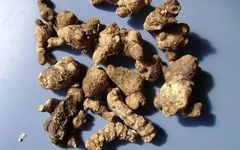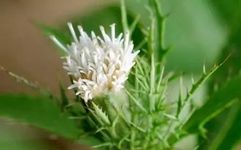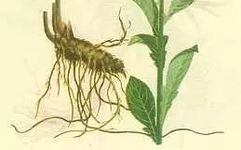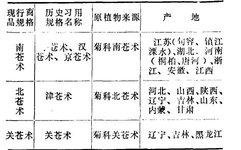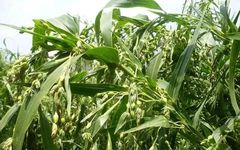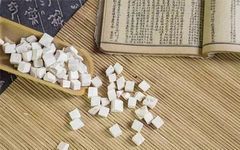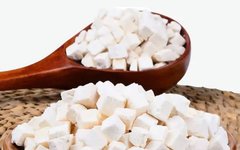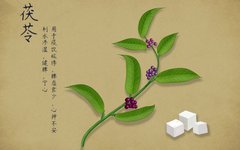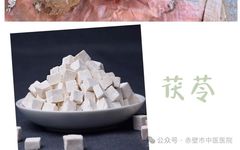The Efficacy and Clinical Applications of Atractylodes
Introduction Atractylodes (Cāngzhú) is known for its ability to alleviate various ailments, a concept originating from the Song Dynasty physician Xǔ Shūwēi. Xǔ Shūwēi, who had a penchant for drinking, damaged his spleen and stomach, leading to spleen deficiency and the inability to transform dampness. Atractylodes, being warm and bitter in nature, can awaken the … Read more

